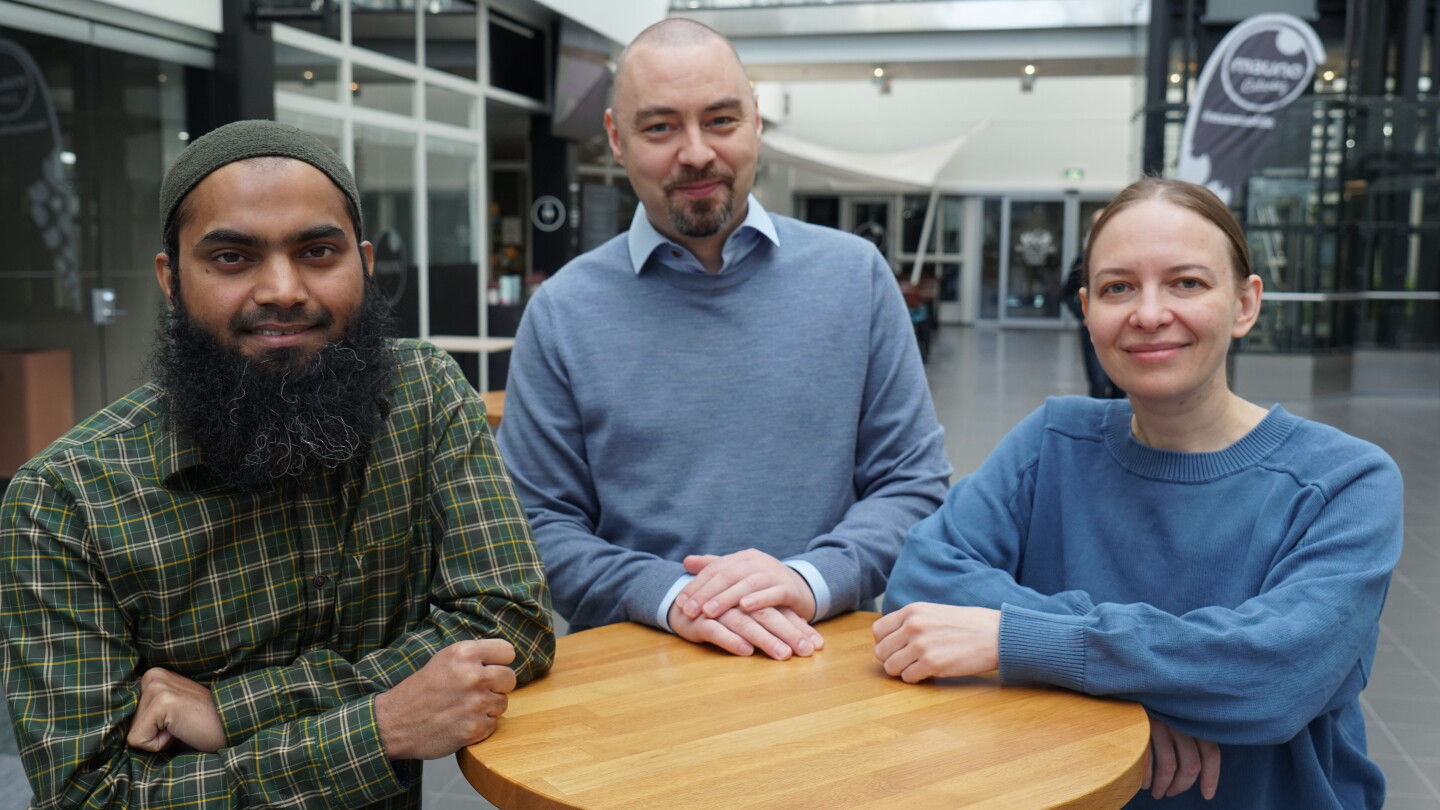Researchers from Turku Bioscience Centre and InFLAMES Flagship at the University of Turku in Finland, have identified a gene expression signature that can predict the progression of type 1 diabetes.
The study led by Professor Laura Elo and Professor Riitta Lahesmaa aimed to identify transcriptional changes associated with disease progression in patients with recent-onset type 1 diabetes.
The researchers analysed blood samples collected as part of the global INNODIA partnership. A certain gene expression signature was found to be associated with rapid disease progression.
“One benefit of such predictive signature would be the ability to intervene earlier in the disease process. This could help slow the progression of the disease and potentially prevent or delay the onset of symptoms. Another benefit would be improved monitoring of the disease progression, which would allow for more personalised treatment plans and better outcomes for patients”, Elo and Lahesmaa explain.
Type 1 diabetes is a complex autoimmune disease where insulin-producing beta cells in the pancreas are destroyed. Disease progression varies between individuals and currently there is no way to predict individual outcomes.
Patients are involved in INNODIA
INNODIA is a global partnership between 31 academic institutions, six industrial partners, a small sized enterprise, and two patient organisations. Their common goal is to fight type 1 diabetes.
INNODIA examines samples and data from newly diagnosed patients with type 1 diabetes and unaffected first degree relatives throughout Europe. The project runs under the framework of the European Union´s Innovative Medicines Initiative – Joint Undertaking (IMI-JU) with a dedicated governance.
“Importantly, INNODIA is closely guided by the patients themselves, through the Patient Advisory Committee, consisting of a group of type 1 diabetes patients and parents. They give continuous feedback on the concept of INNODIA and development of protocols, and are crucial in disseminating the goals of the project to the public” Riitta Lahesmaa tells.
Lahesmaa mentions that thanks to the INNODIA research, the science community will be able to better understand the relationship between changes in β-cell function, immune profiles, genetic and environmental factors and their role in the onset of the disease.
InFLAMES Flagship is a joint initiative of University of Turku and Åbo Akademi University, Finland. The goal of the Flagship is to integrate the immunological and immunology-related research activities to develop and exploit new diagnostic and therapeutic tools for personalised medicine. InFLAMES is part of Academy of Finland´s Flagship Programme.



